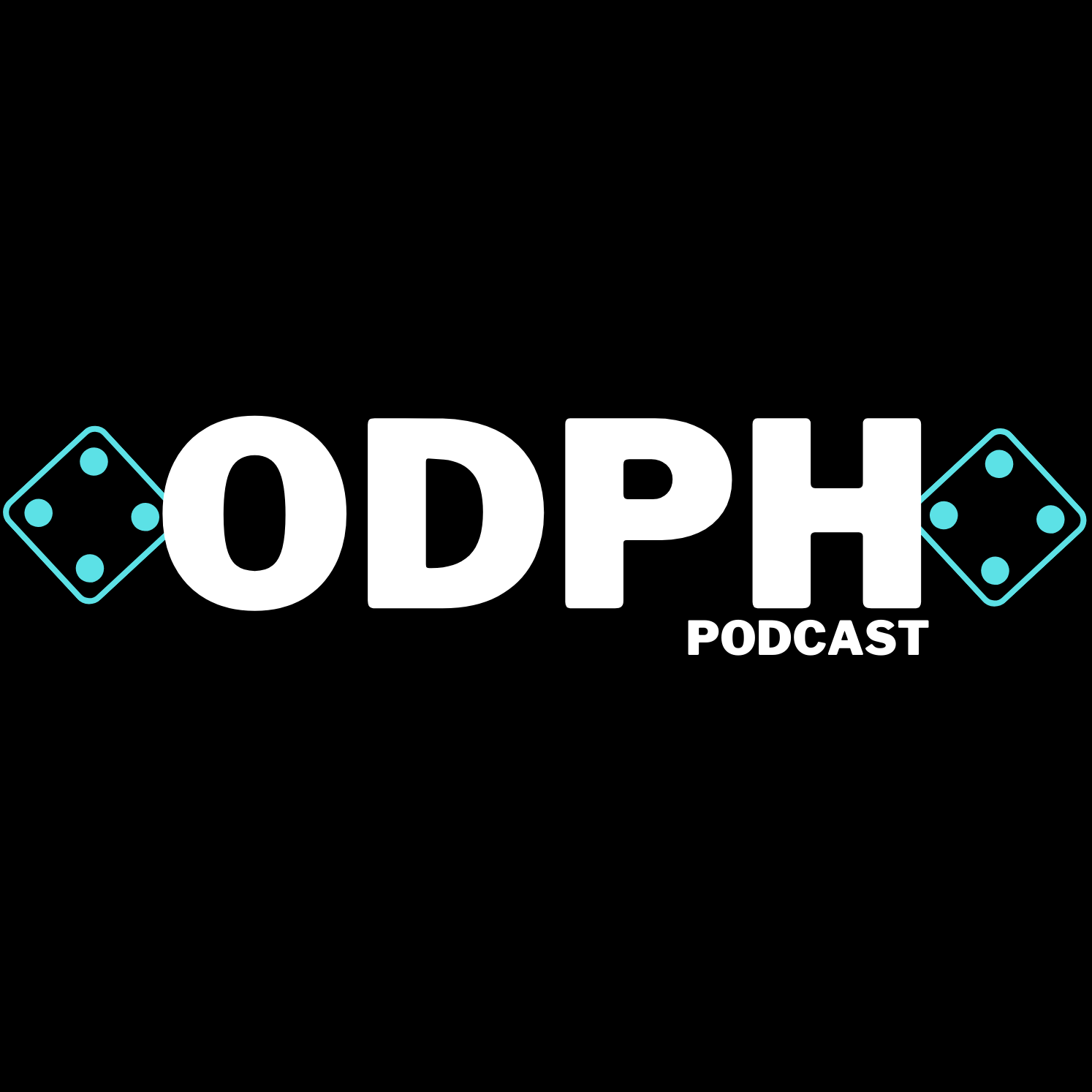Ep 317: Rethinking Punishment for Teenagers
Paul C. Holinger, author of Affects, Cognition, and Language as Foundations of Human Development, delves into the role of interest in building self-esteem, the dangers of physical punishment, and strategies for fostering curiosity in teenagers.If you've enjoyed Talking to Teens, we'd love if you could leave us a five-star rating, and if you have time, a review! Full Show Notes:Raising a teenager often feels like navigating a maze of emotions and varying interests, where ensuring their well-being and fostering self-esteem can be challenging. Teens are at a pivotal stage in their lives where they form their own identities, learn to manage emotions, and develop a sense of curiosity that fuels their passions and purpose for the future. However, societal pressures and the stresses of everyday life can often suppress their natural interest and exploration. As parents, teachers, or guardians, it's crucial to nurture these aspects, enabling teens to thrive.Our guest this week, Paul C. Holinger, is a professor of psychiatry and a renowned author known for his work on emotion understanding and development in children. His book, Affects, Cognition, and Language as Foundations of Human Development, provides a foundation for understanding how integral elements like emotion, language, and thought processes contribute to human development. In our conversation, Paul delves deep into the significance of 'affect'—essentially our emotional responses—and how understanding and verbalizing these emotions can aid in building a more robust personal identity in teens.In the episode, Paul outlines the importance of distinguishing positive and negative affects in teenagers and explains why negative feelings, although more abundant, often demand urgent attention. He shares insights on how parents can shift negative affects into learning opportunities through open communication, transforming anger or distress into a lens of curiosity. Instead of suppressing emotions with physical punishment, Paul advocates for understanding the root cause of emotions, promoting a healthy dialogue that can drastically improve parent-child relationships.One of the significant areas of our discussion focuses on the impact of using physical punishment as a means of discipline. Paul highlights a disturbing correlation between physical punishment and negative outcomes like antisocial behavior, decreased self-control, and detrimental impacts on mental health. This revelation challenges the preconceived notion that stricter discipline equates to better-behaved children. Instead, Paul encourages parents to adopt an approach steeped in understanding, empathy, and most importantly, curiosity.The conversation further explores how teens can be encouraged to maintain motivation and interest, especially when faced with arduous tasks like studying or project completion. Paul shares that cultivating a sense of genuine interest or aligning tasks with rewarding outcomes can help teens navigate through negativity, finding joy in both the process and the result.In this Episode, We'll Also Cover:How to recognize and validate a teen's emotional experiences.The nuances of interest as a tool to combat distress and boredom.Constructive alternatives to physical punishment.Encouraging teens to verbalize emotions effectively.Join us in unraveling these aspects with Paul C. Holinger, and learn how you can better support the emotional and intellectual journeys of the teens in your life. If you're looking to foster deeper connections and cultivate a nurturing environment for growth, this episode offers invaluable perspectives. Don’t forget to subscribe to Talking to Teens for more expert insights and advice around parenting the teenagers in your life!Follow us on Social Media! We're @talkingtoteens on Instagram and TikTok
# Self-EsteemOne's sense of personal value or self-worth, which is particularly important during teenage development.



